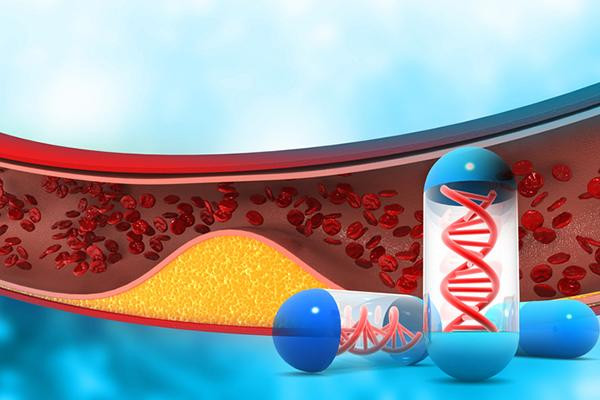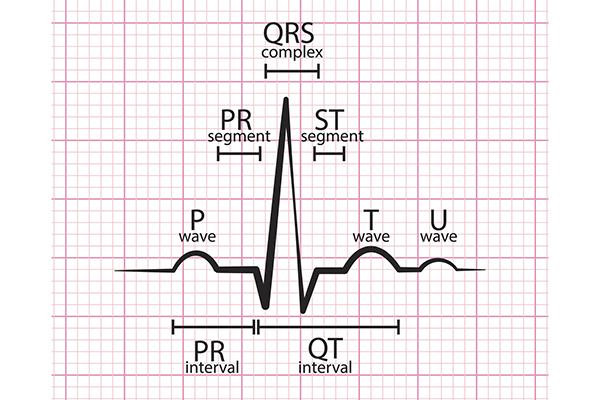
Driving with arthritis pain: Stay comfortable — and safe — behind the wheel

Daily cup of coffee may prevent afib recurrence

Gene-editing therapy lowers harmful blood fats in early study

What is EMDR therapy, and who can it help?

GLP-1 drugs versus bariatric surgery for treating obesity

Two dumbbells, three exercises, and 10 minutes

Easing the emotional burden of IBS

Modify your push-ups to meet your fitness level

What is long QT syndrome?

Stroke survivors may benefit from very low LDL levels
Genes Archive
Articles
Gene-editing therapy lowers harmful blood fats in early study
A one-time infusion of a gene-editing therapy called CTX310 may safely lower cholesterol and triglyceride levels, according to a small preliminary trial. The first-in-human study, published in 2025, included 15 people with uncontrolled LDL cholesterol, triglycerides, or both.
What is long QT syndrome?
Long QT syndrome is a disorder of the heart’s electrical system that can be either acquired (for example, due to a medication) or congenital. Although usually people have no symptoms, it can cause a fast, erratic heartbeat that may lead to shortness of breath, fainting, and sometimes death.
Can you increase your metabolism?
Metabolism—how your body turns food into energy—is strongly influenced by genes, but lifestyle still matters. Choosing nourishing foods, avoiding extreme diets, and building muscle through regular exercise can modestly boost calorie burning and support weight loss.
Mediterranean diet may lower risk of Alzheimer’s disease in people with high-risk genes
A 2025 study of over 5,600 women and men followed for over 30 years found that following a Mediterranean diet may reduce the risk of Alzheimer’s disease and improve cognitive function. The effect is strongest in people who carry two copies of the Alzheimer’s risk gene APOE4.
People with Lp(a) gene variant may benefit from daily aspirin
An inexpensive blood test that checks for a genetic variant of Lp(a)—a fatty particle similar to LDL cholesterol—may help clarify who might benefit from a daily low-dose aspirin, according to a 2025 review of study findings.
Direct-to-consumer genetic tests for heart disease
Direct-to-consumer genetic tests can screen for rare heart conditions that arise from variants in a single gene (such as cardiomyopathies) as well as common conditions influenced by many thousands of gene variants (such as coronary artery disease). But because the results are not definitive, they can be challenging to interpret.

Driving with arthritis pain: Stay comfortable — and safe — behind the wheel

Daily cup of coffee may prevent afib recurrence

Gene-editing therapy lowers harmful blood fats in early study

What is EMDR therapy, and who can it help?

GLP-1 drugs versus bariatric surgery for treating obesity

Two dumbbells, three exercises, and 10 minutes

Easing the emotional burden of IBS

Modify your push-ups to meet your fitness level

What is long QT syndrome?

Stroke survivors may benefit from very low LDL levels
Free Healthbeat Signup
Get the latest in health news delivered to your inbox!
Sign Up









